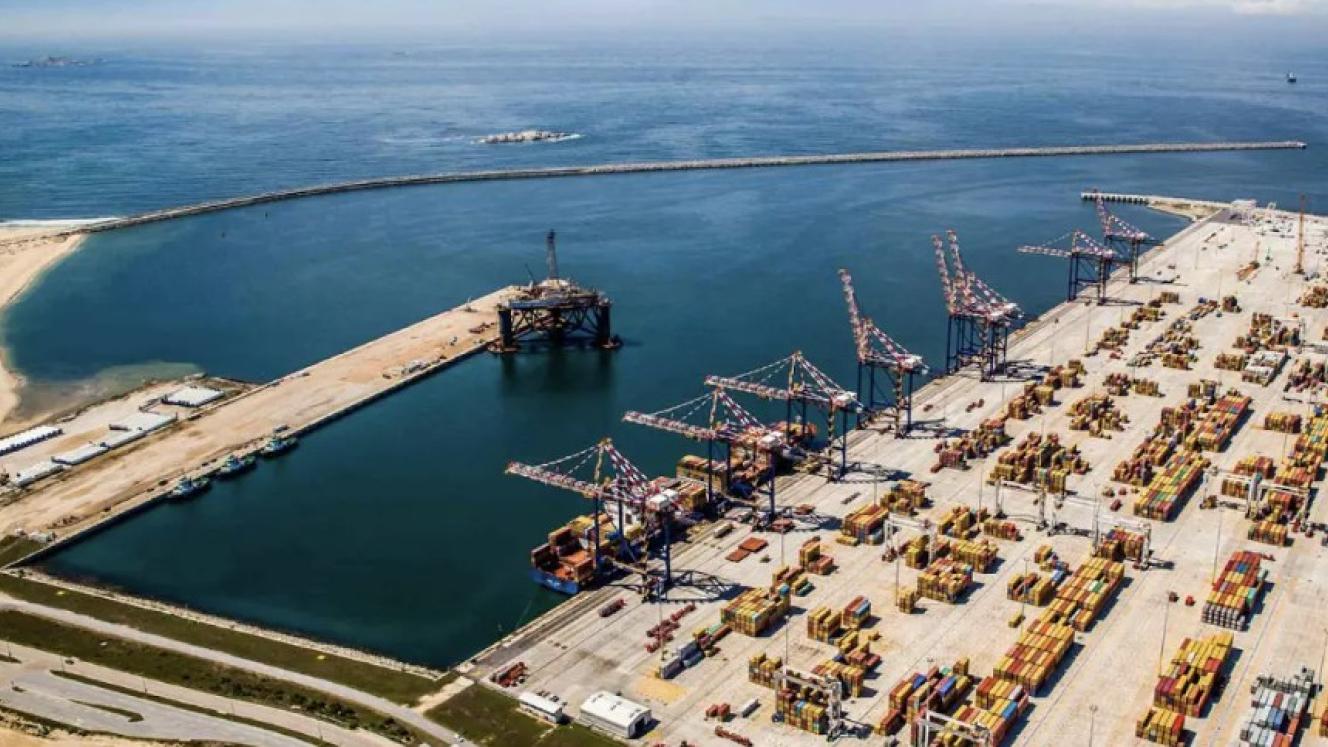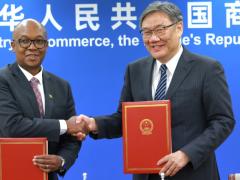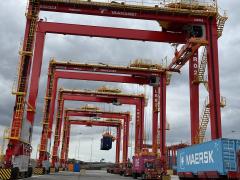It’s well documented that last-mile dynamics in the supply chain pose some of the toughest challenges to logistics operators in the 21st century, especially because of the explosion of e-commerce sparked by Covid-19 and the lockdown measures which forced consumers onto online platforms.
Now the last mile has been fingered for bad behaviour by receivers and retailers not adhering to cold chain practices.
According to Andy Connell of logistics consultancy A-Bar-C Services, cold-chain transporters have pulled out all the stops to protect perishables during the journey.
Thanks to the latest technology and monitoring devices, fruit is treated with utmost care from origin to pick-up destination, Connell claims.
It’s therefore confounding why so much export quality produce arrives in less-than-satisfactory condition at the receiving end when supply chain concerns from countries like South Africa, Ghana and Ecuador have done all they can over the last 20 years to see that shippers’ produce arrives as fresh as possible in markets overseas.
The amount of waste prompted Connell and company to do a bit of investigation, which involved hidden monitoring.
Speaking to Dutch perishables portal Fresh Plaza, Connell explains that receivers remove temperature monitors as a matter of course – “and that’s where the sins of omission happen”.
Connell adds: “The big problem you have to address, the elephant in the room, is confronting the receivers and telling them: you can no longer just blame poor condition on the supply chain. That has all improved and shippers are looking after the cold chain.”
Unfortunately, the technological visibility that enables tracking to monitor exports ends when monitors are removed, often compromising cold-chain transportation during the last-mile phase of the supply chain.
According to Connell, it means that when something has gone wrong with perishables once they arrive at the final destination, fingers are pointed at the source when everything possible has been done by the shipper and the transporter.
Connell adds that last-mile issues often include mixed-bag transportation, affecting the temperature requirements of climate-sensitive exports.
“The lorry on its daily run has picked up some flowers, some potatoes, some bananas, all set at 8°C. You’re putting avocados or stone fruit into cold trucks together with potatoes which are exuding ethylene at a high rate, and you’re mixing climacteric with non-climacteric fruit, doing multiple drops.
“Certainly, climacteric should not be mixed with non-climacteric fruit.”
Although not all receivers and retailers are at fault, Connell says many have forbidden supply chain operators to add last-mile monitoring devices to consignments unless they inform receivers and retailers in advance.













